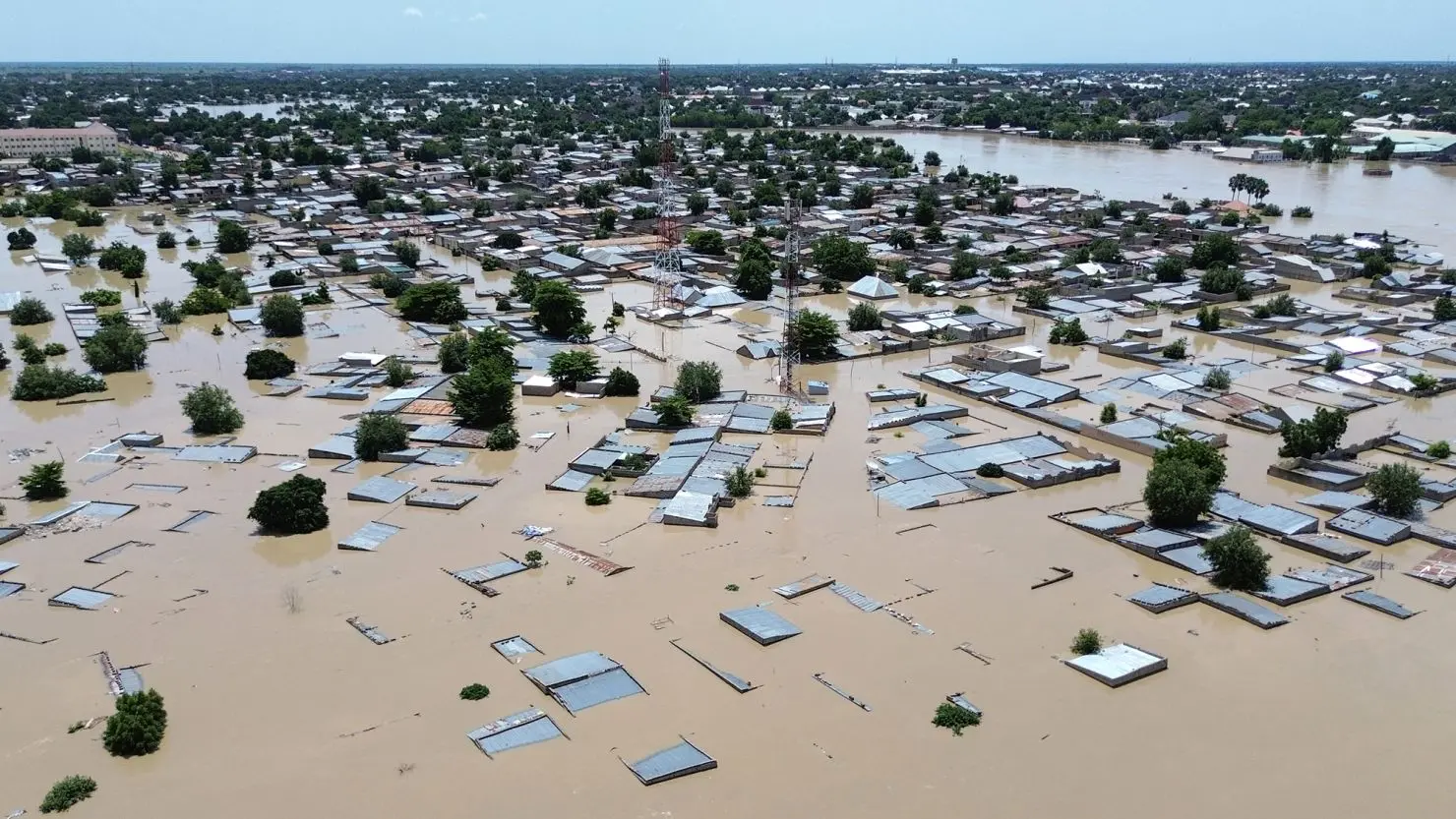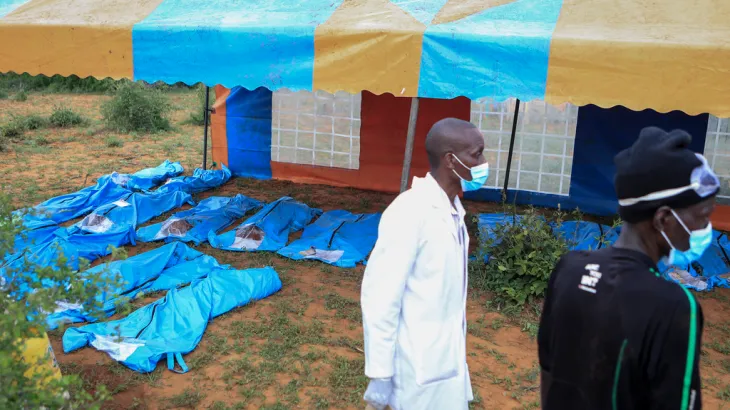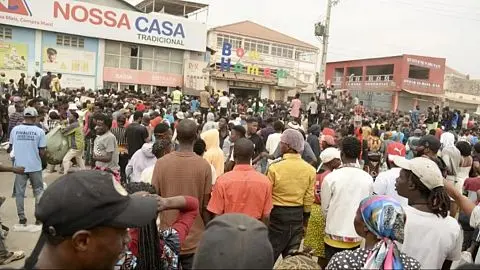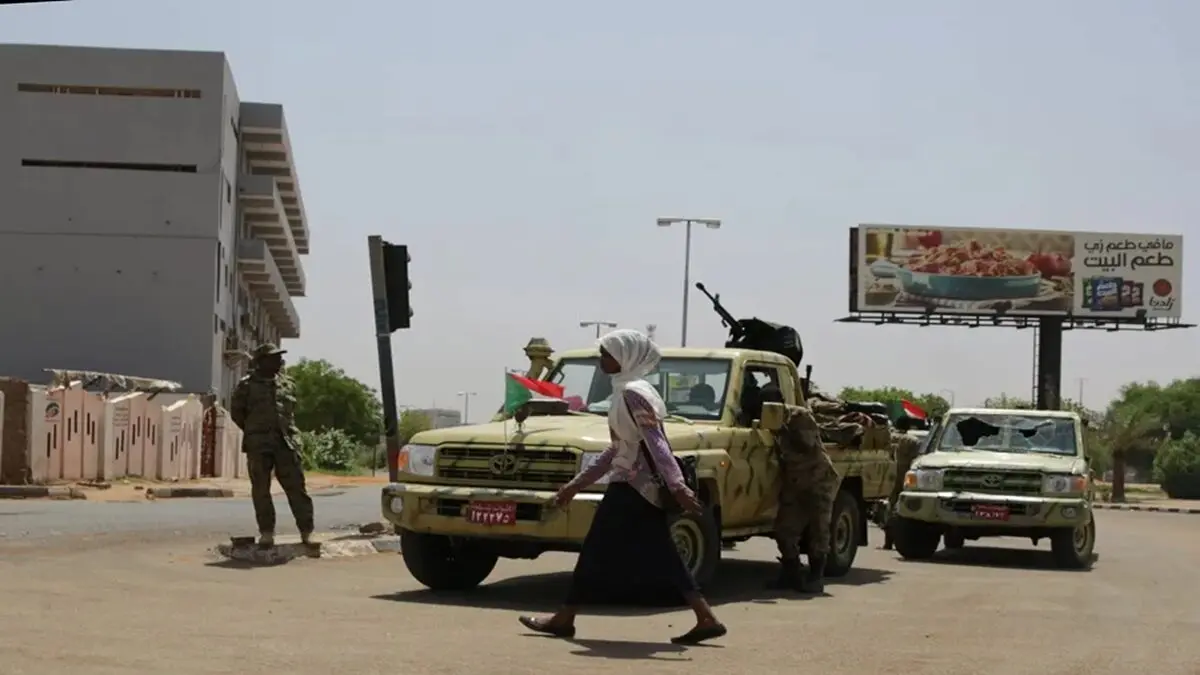Deadly Fuel Price Protests Rock Angola’s Capital as Public Discontent Surges
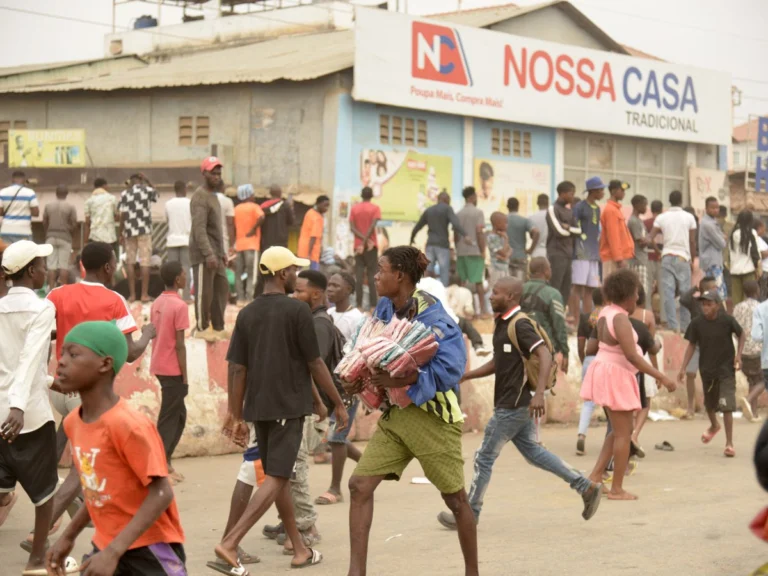
Photo: Radar Africa
July 29, 2025 Hour: 2:55 pm
At least four people were killed and more than 500 arrested in Angola’s capital, Luanda, following violent protests sparked by a sharp diesel price hike, police confirmed Tuesday. The unrest, which began Monday, has continued in pockets of the city, with reports of looting, vandalism, and clashes between demonstrators and security forces.
The government’s decision to raise diesel prices by one-third—from 300 to 400 kwanzas per liter—was aimed at easing the burden of fuel subsidies on public finances.
However, the move triggered widespread anger, particularly among minibus taxi operators, who responded by increasing fares by up to 50% and launching a three-day strike that paralyzed urban transport.
The protests quickly escalated. In neighborhoods such as Cazenga, Rocha Pinto, and Kalemba 2, demonstrators blocked roads, looted shops, and damaged banks, buses, and private vehicles.
Police spokesperson Mateus Rodrigues reported that 45 shops, 25 private vehicles, and 20 public buses were vandalized, and that “pockets of disorder” remain active despite mass arrests.
Angola, despite being one of Africa’s top oil producers, faces severe economic challenges, including high youth unemployment and rising inflation. The fuel hike has intensified public frustration over the cost of living, with many citizens accusing the government of ignoring their plight. “How will we feed our children?” one protester asked on national television.
The ANATA taxi association, which organized the strike, condemned the violence but maintained that the protest reflects the broader outcry of the Angolan people. Civil society groups have also criticized the government’s response, calling for dialogue and warning of growing social exhaustion among youth.
Human Rights Watch previously accused Angolan police of using excessive force during earlier demonstrations this month, including the use of tear gas and rubber bullets against peaceful protesters.
President João Lourenço’s MPLA party, in power since independence in 1975, faces mounting pressure to address economic mismanagement and corruption. Sociologist Luzia Moniz told DW that “vandalism begins with the political establishment, which abandons its citizens”.
As Luanda remains tense, with many businesses shuttered and transport suspended, the government has yet to announce any concessions. Observers warn that without meaningful reform, Angola risks further unrest and deepening instability.
Author: OSG
Source: EFE-Africanews


